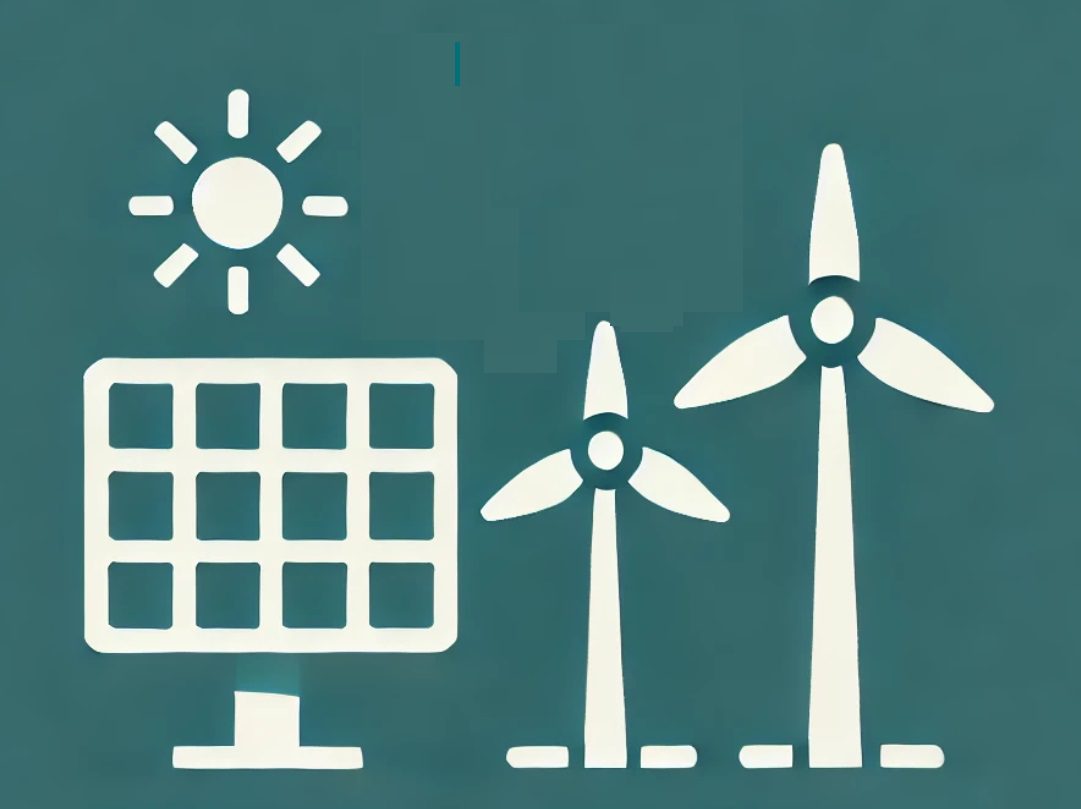
VADO: Stimulating innovation and growth in Energy and Energy transition
VADO focuses its investment policy primarily on manufacturing companies operating in growing end markets. Our focus is on sectors such as Energy & Energy transition, Hightech & Semicon and Food Manufacturing. In this article, we highlight the dynamic end market Energy & Energy transition, in which various of our companies play an active role.
At VADO, we see the energy transition not only as a necessity for future generations, but also as an opportunity for innovation and growth. With a focus on sustainable energy solutions and technological advances, we are actively committed to supporting companies that want to pave the way to a green future.
Energy & Energy transition: necessary transition full of opportunities
Large scale transition
The transition from a fossil-fuel-based economy to one based on renewable energy sources such as solar and wind involves huge numbers. Whereas today more than 90 percent of our energy comes from fossil fuels, by 2050 more than 50 percent of our energy must come from renewable sources. That means, for example, that the capacity of offshore wind farms must increase tenfold by 2050 compared to 2022. Furthermore, demand for electricity is likely to triple, which will only make the current problem of grid congestion more challenging.
About 7 million homes and 1 million buildings also need to be taken off gas and made more sustainable by 2050. In addition, the industrial sector will have to invest in new technologies and processes, such as CO2 capture and storage, electrification of production processes and building a hydrogen economy.
Big growth in solar energy
In some areas, the energy transition in the Netherlands is proceeding faster than anticipated. For example, the number of solar panels installed by Dutch households and businesses has increased much faster than anticipated. By the end of 2023, 2.6 million homes had solar panels on their roofs, compared to only 2 million a year earlier. Meanwhile, 32 percent of homes have solar panels installed, making the Netherlands the leader within Europe. At the same time, the growing availability of solar energy also poses a challenge to the overloaded power grid.
Batteries increasingly sophisticated
Another technological development from which much benefit is expected in accelerating the energy transition is increasingly sophisticated batteries. Batteries make it possible to excess solar and wind energy produced during peak times and use it when production is low (such as at night or on windless days). This helps ensure grid stability and reliability. Storage capacity of over 200 TWh is expected to be needed by 2050. Half of this storage capacity will have to be filled by batteries.
Hydrogen for storage and high temperature ovens
Hydrogen might be able to play a major role in the storage of renewable energy. Whereas batteries are particularly suitable for short-term storage, hydrogen offers opportunities for long-term energy storage and long-distance transport. The synergy between these technologies can create a more robust and flexible energy system.
Within the chemical industry, a large consumer of energy, hydrogen will also have to be looked at to make steam crackers, for example, more sustainable. This is because the high temperatures required here cannot be achieved using electricity.
Social transition
The energy transition is not only a technical one, but also a social one. The sun shines for free, but not everyone can afford solar panels. Many new technologies require hefty investments and will initially – before they are deployed at a larger scale – be more expensive than existing solutions. In addition, the prices of existing products will also begin to rise, as the CO2 emissions from their production will be increasingly taxed. People who do not have the financial means to invest in sustainable technologies and are faced with (initially) higher prices will have to be helped to achieve social acceptance and commitment.
The energy transition within VADO
From our background in the world of family business, we at VADO are always focused on the long term and have the natural drive to leave the world better for future generations. At the same time, the energy sector and the energy transition also offer numerous interesting business opportunities within themselves. In this sense, it is not surprising that these themes also play an important role in our own investment portfolio.
VADO: Expanding our portfolio in Energy & Energy transition
When it comes to the energy sector and the energy transition, we are always looking for promising companies that share with us the drive to contribute to the world of tomorrow with smart technological solutions.
In order to further diversify our energy portfolio, we are currently looking specifically for manufacturing companies involved in zero-emission building and logistics solutions and all that this entails (such as construction equipment, means of transport, energy storage and charging infrastructure). We would also like to add one or more companies to our portfolio that deal with grid congestion solutions (such as batteries, other forms of energy storage, as well as components and modules for transformer stations).
Watch the video here: CMC, Sustainable entrepreneurship with VADO
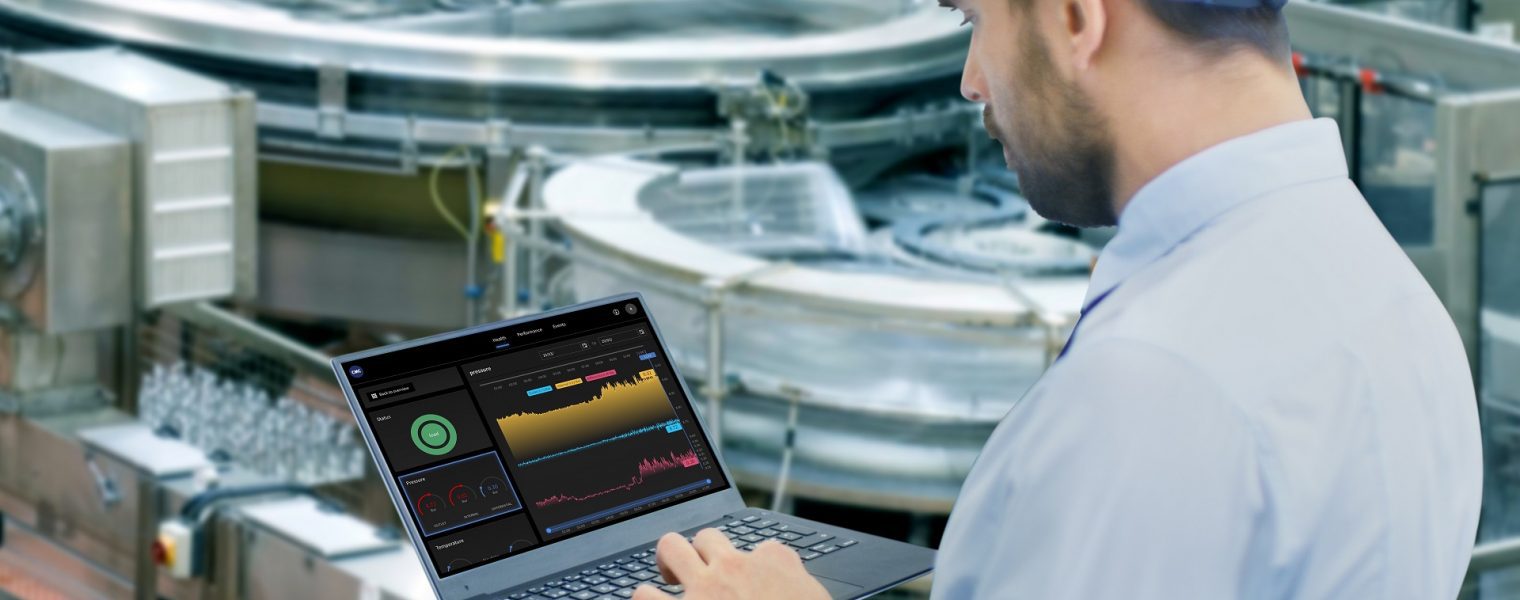
Sustainable Company News

Proud winners of the TU Innovation price 2023 with theQwikshift Hybrid Heater.
Our portfolio company Winterwarm recently introduced the Qwikshift Hybrid Heater: a hybrid heat pump combined with an innovative booster technology, for fast and sustainable heating of industrial spaces.
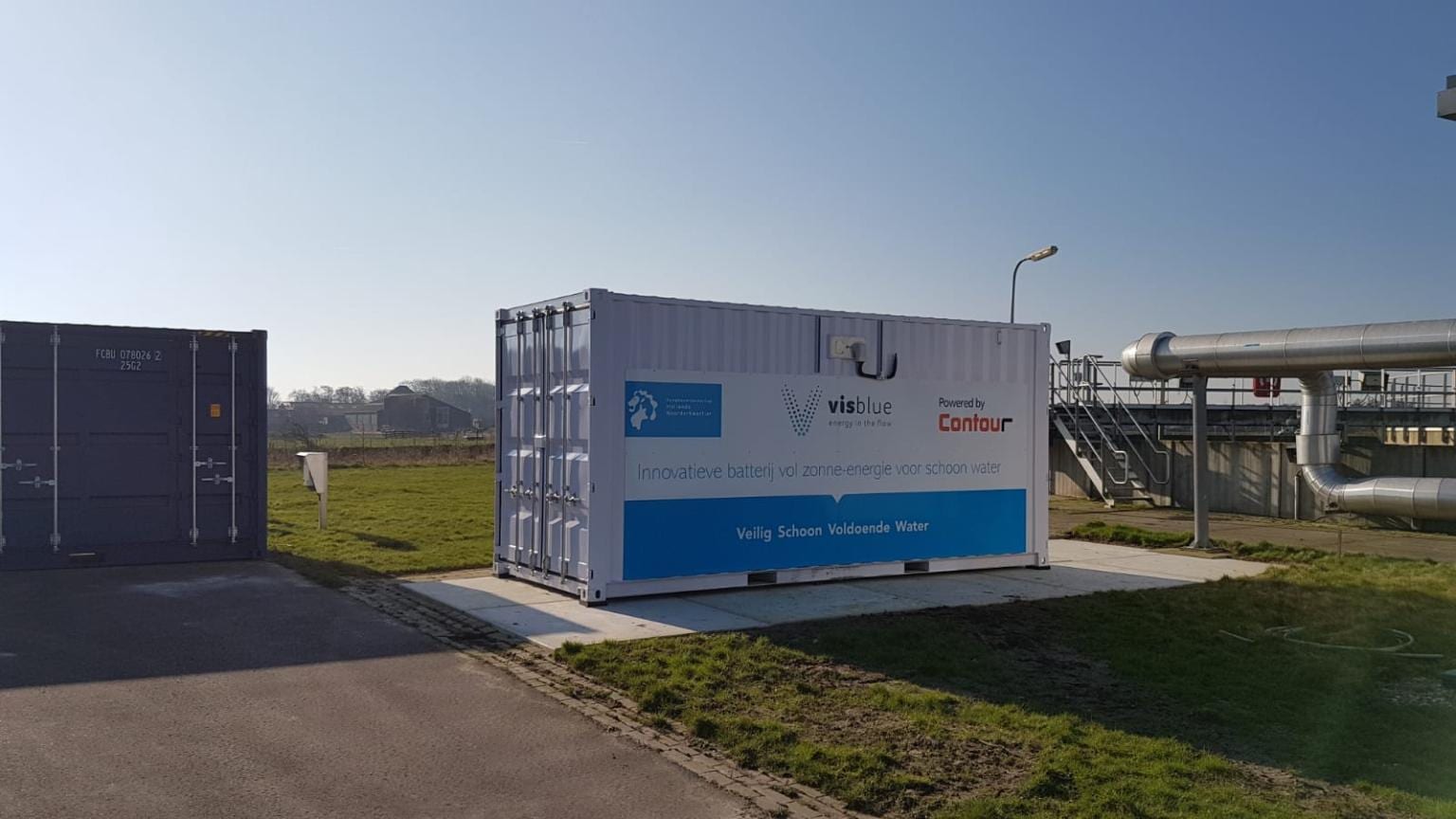
Another great example is Contour Advanced Systems (CAS), which produces innovative battery energy storage systems that can be used in construction, for example, to replace diesel generators.
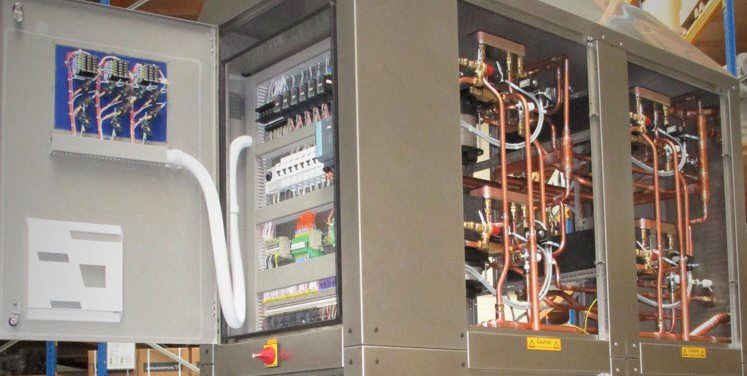
Dutch Thermal Engineering (DTE) develops and produces customer-specific installations and solutions in the field of industrial temperature control. These coolers are used for cooling mobile batteries, electrolyzers and hydrogen pumping stations, among other things.
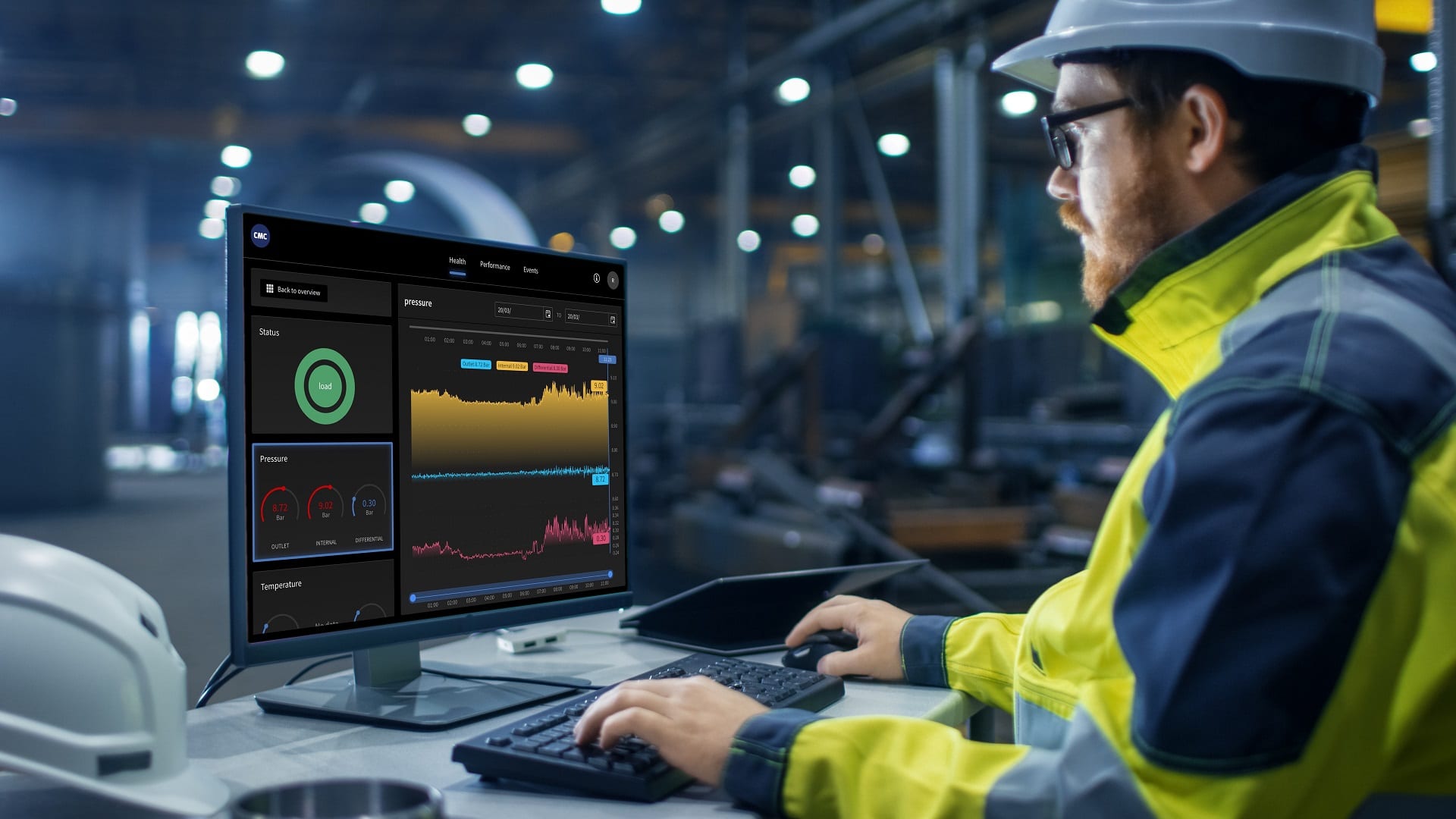
CMC‘s electronic monitoring and control systems help greatly reduce the energy consumption of compressors and other machinery (such as refrigeration and food industry machinery).
